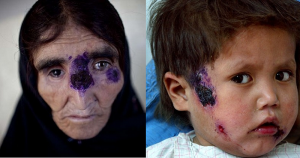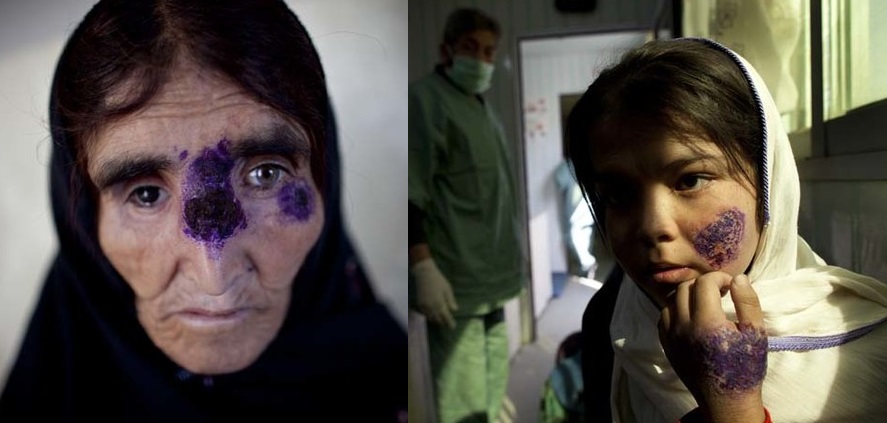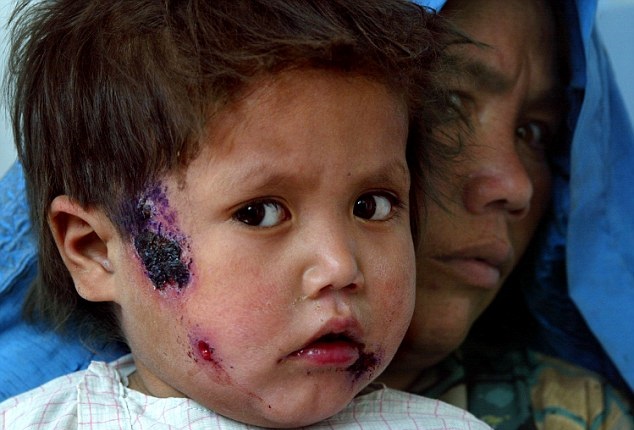
ISIS Spreading ‘Flesh Eating Bug’ Across Syria By Dumping Rotting Corpses In The Streets
The collapse of medical services in terrorist-controlled parts of Syria has caused the spread of a flesh-eating virus transmitted by parasites munching on corpses dumped in the streets. The disease is Leishmaniasis, and it’s spread by a parasite that’s transmitted through the bite of an infected sandfly. With a lack of doctors and no access to treatment, those suffering from Leishmaniasis in Syria are really struggling.

“As a result of abominable acts by ISIS that included the killing of innocent people and dumping their corpses in streets, this is the leading factor behind the rapid spread of Leishmaniasis disease,” Dilqash Isa, the head of the Kurdish Red Crescent told the Kurdish Rudaw news.
Sand flies spread flesh eating disease in ISIS-occupied areas:
Syria has always been a hotspot for Leishmaniasis, but the civil war is likely accelerating the spread. A US State Department Twitter account that was created to combat ISIS propaganda tweeted about the connection:
#ISIS dumps bodies in streets, result: spread of flesh-eating disease Leishmaniosis. https://t.co/k10At8vmVc pic.twitter.com/CLq6XoOXwN
— Global Engagement (@TheGEC) December 3, 2015
The @WHO warned Leishmaniosis disease could spread rapidly through Syria as health system collapses. https://t.co/k10At8vmVc
— Global Engagement (@TheGEC) December 3, 2015
“It is very possible in the area where there is a lot of military activity and population movement, those are circumstances in which an outbreak of the leishmaniasis can occur,” Dr. William Schaffner (MD) told RT.
“If someone dies who gets the infections then flies come. Then they multiply. You get many more flies that are infected. And then when the living people are in the same area the flies bite the living people,” Schaffner explained.
Syria’s healthcare system has been devastated:
According to the World Health Organization (WHO), Poor sanitary conditions can increase the number of places for sandflies to breed. So ISIS’ practice of dumping bodies in the streets could directly increase the risk for Leishmaniasis infection.

But the disease was already spreading through Syria as the health system collapsed after civil war broke out in 2011. Tens of thousands of doctors have since left the country, and by 2013, two out of five hospitals were not in service.
There’s no vaccine or prophylactic medication available for Leishmaniasis. Prolonged medical treatments do exist, but are almost impossible to find in war-torn Syria. The only way to prevent leishmaniasis is to avoid getting bitten by an infected sand fly.